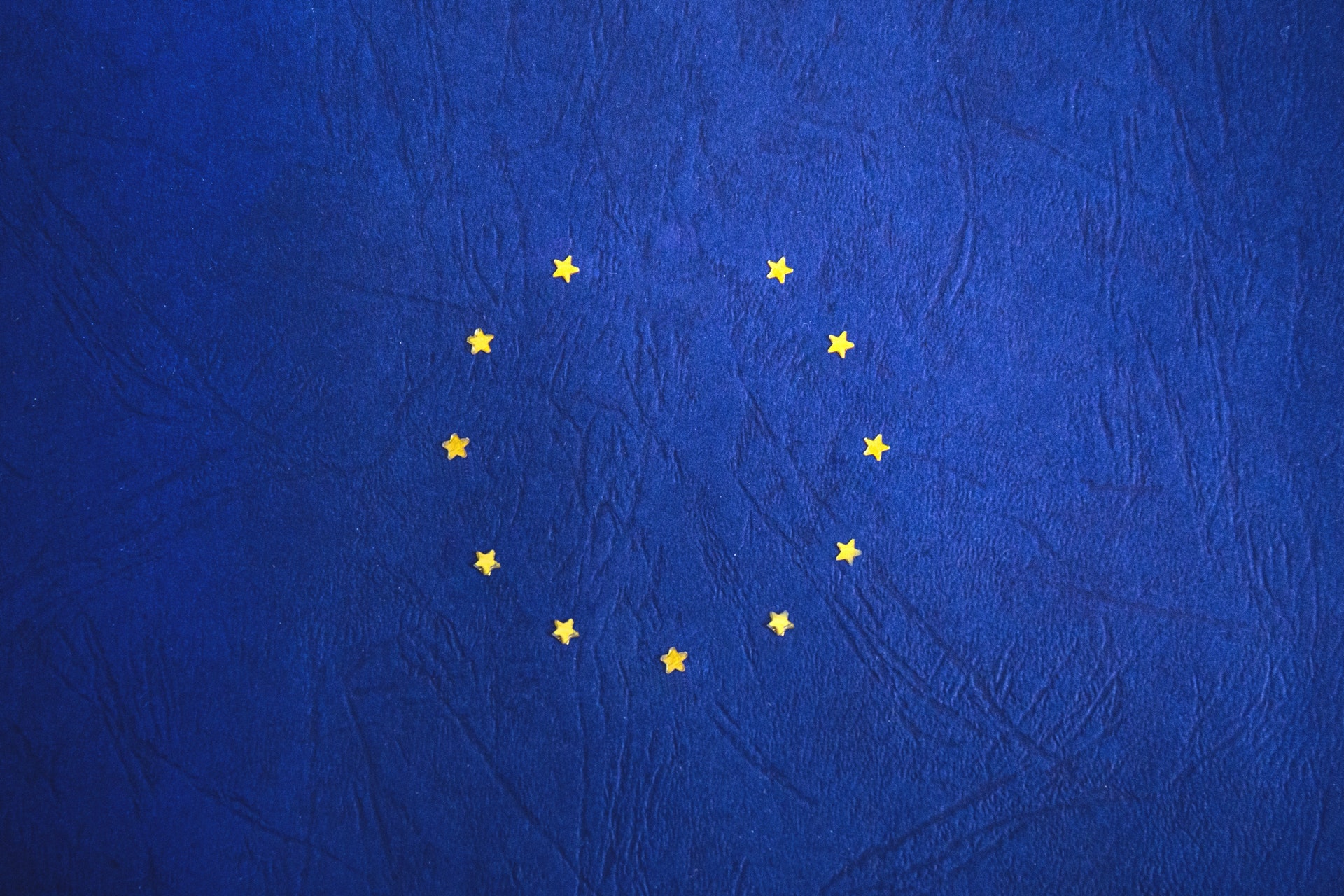Brexit Ecommerce Guide
Since the UK’s exit from the EU, it is safe to assume that the European eCommerce sector will be profoundly affected. This Brexit eCommerce guide will help you handle the changes and prepare your business, regardless of whether you’re currently selling in Europe or trying to expand into Europe.
What Is Brexit?
Brexit is short for “British exit,” following the vote to depart the EU. Brexit refers to the separation of the UK from the EU. The UK will not be a part of the single market or the customs union that all EU nations adhere to anymore. The deal was agreed upon in December 2020 and officially implemented on January 1, 2021.
The Brexit eCommerce Impact
There have been many impacts on retailers following Brexit. Not only is the Royal Mail adding an extra £8 charge to cover customs clearance, but retailers are also experiencing a Brexit eCommerce drop in sales of around 34% from UK consumers for European brands.
Add to this that all packages shipped to the UK from Europe now need to pass through customs clearance, resulting in longer delays for parcels arriving.
Getting Your Store Ready for Post Brexit eCommerce Shipping
Suppliers
- Talk to your suppliers about how Brexit will affect supply chain planning, production lead times, and other areas of logistics.
- Look for ways to reduce the risk of Brexit-related changes in the process.
- In some situations, you may need a UK-based supplier to keep your services functioning efficiently.
Distribute Inventory
While shipment times are predictable, customs lead times are not. You never know how long customs will hold the goods for.
This complicates international operations and increases shipping delays. So a centralized fulfillment network helps speed the process.
Find EU Fulfilment Centres
Whether your company is based in the UK or elsewhere, you may want to bulk ship inventory to an EU fulfillment centre to simplify order fulfillment management.
Orders in their respective regions can be filled swiftly and seamlessly. With this method, you can quickly expand into the EU market without the hassle of dealing with cross-border shipping.
Many third-party logistics (3PL) providers like ShipJoy offer fulfillment centers across the globe to better serve EU and UK-based customers.
Update Shipping Policies
You should adjust your shipping policy across all of your online stores to reflect the new taxation.
If you pick DAP (Delivered at Place), make it clear that your clients are responsible for additional customs and taxes.
If you choose Delivered Duty Paid (DDP), you should indicate in your policy that you are collecting and paying the duties on behalf of your consumers.
Offer Multiple Shipping Options
New VAT and tariffs certainly mean new delivery fees and possibilities.
Expedited shipment from the EU to the UK (or vice versa) will cost much more than before Brexit, but you never know who will pay.
Some clients will be willing to wait a little longer for cheaper shipping. Others may require their product as soon as possible and are willing to pay more for expedited shipping.
ShipJoy is your 3PL partner who can work with you to determine your post-Brexit eCommerce strategy and help you reach UK consumers without the challenges these changes pose to merchants in Europe.

